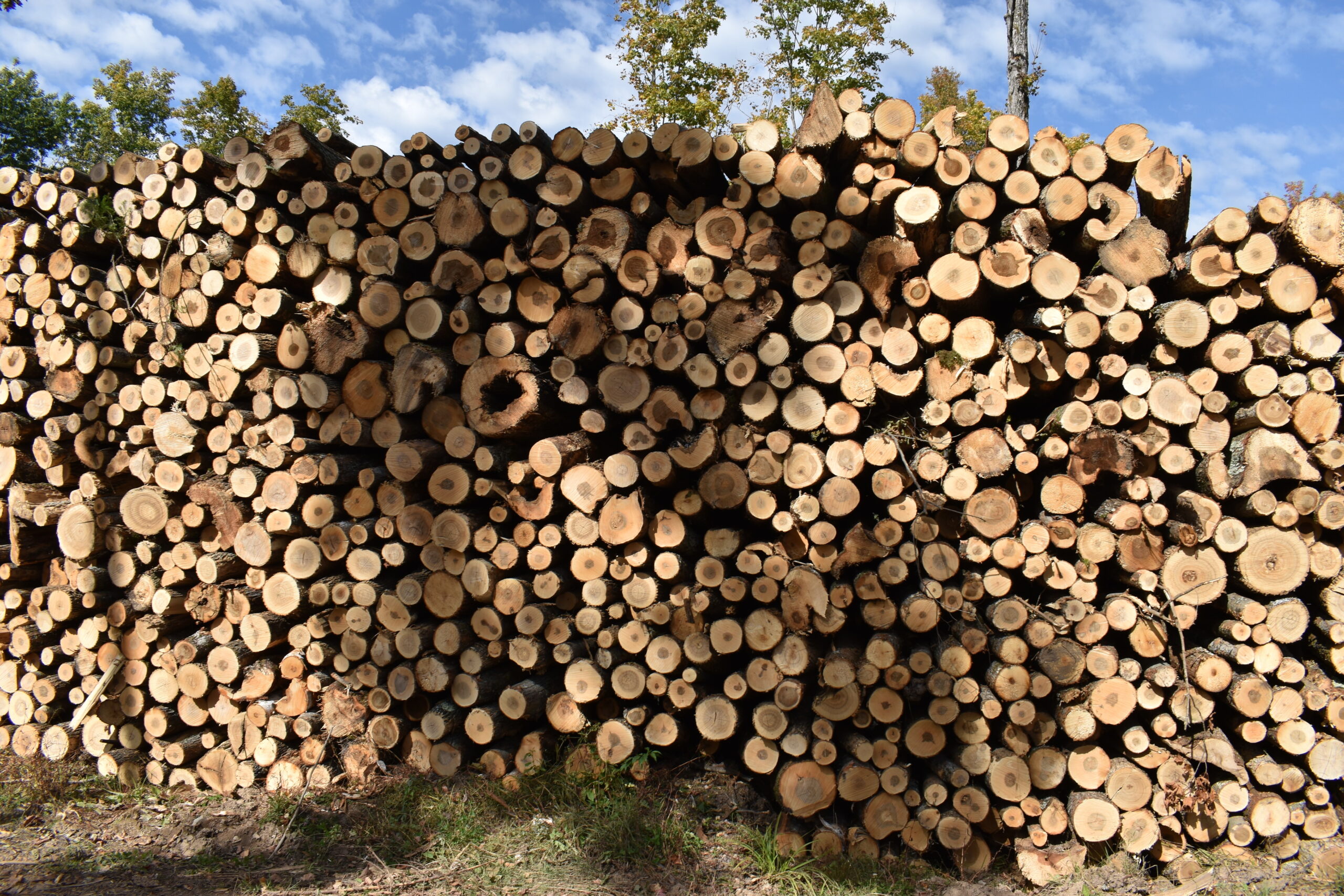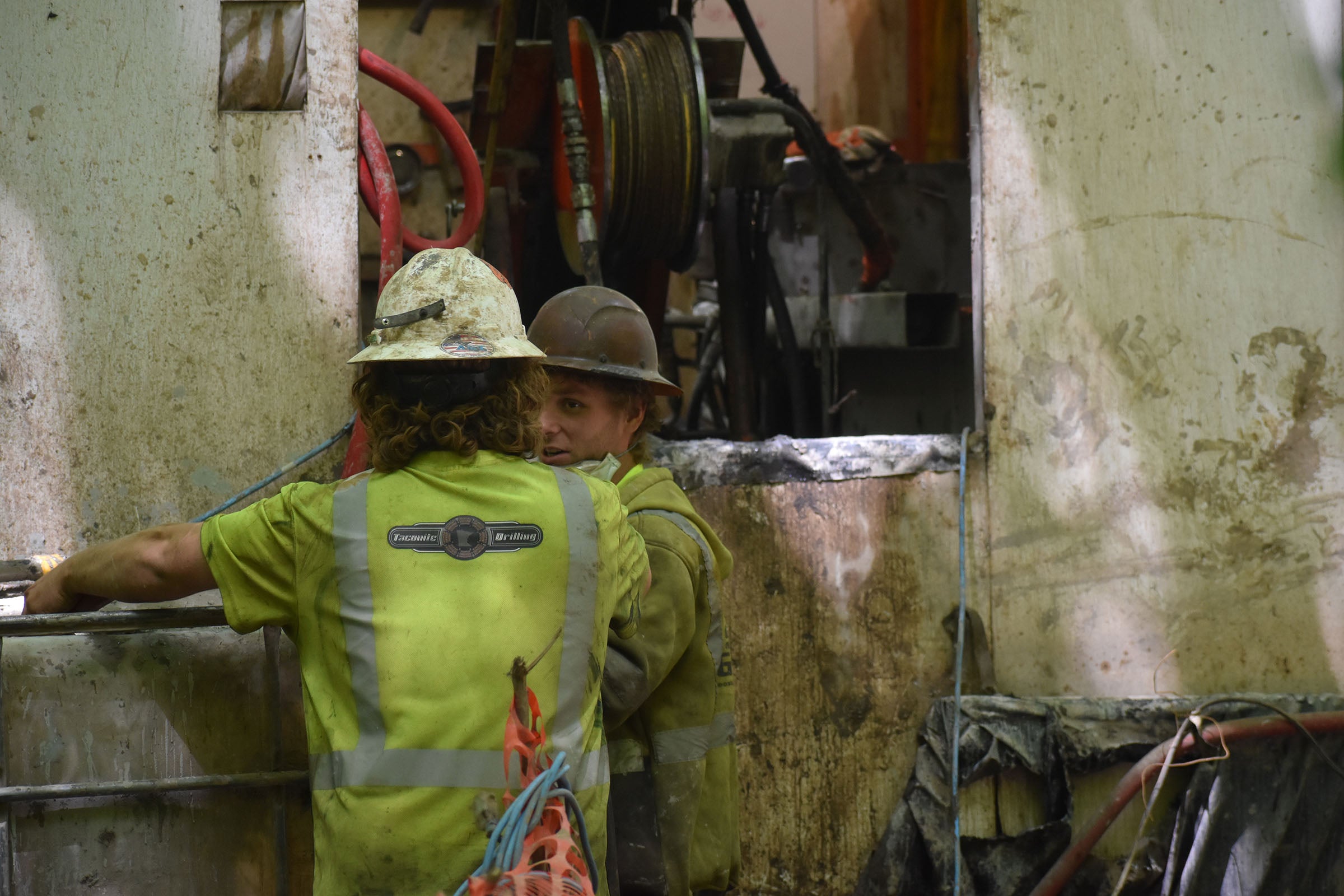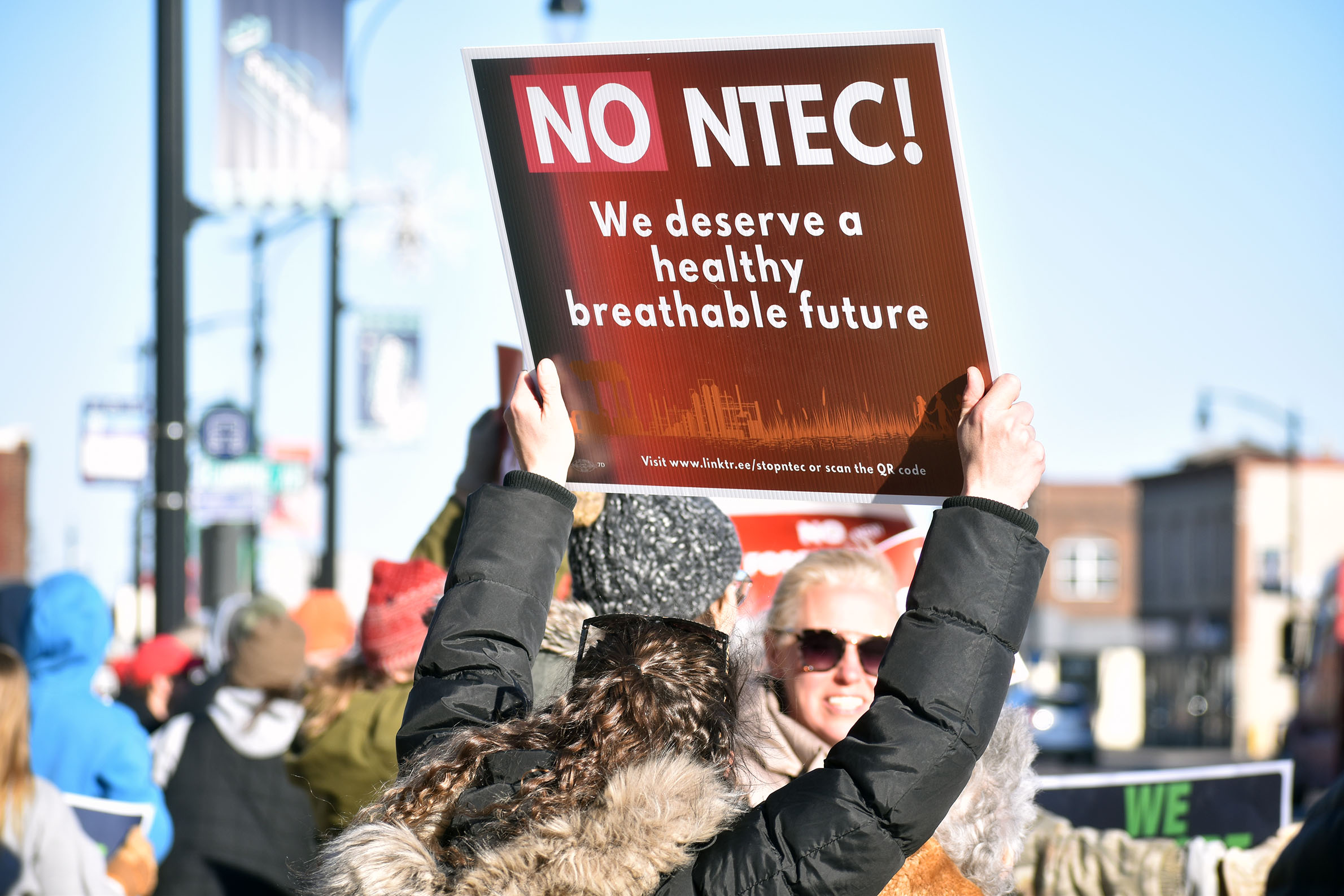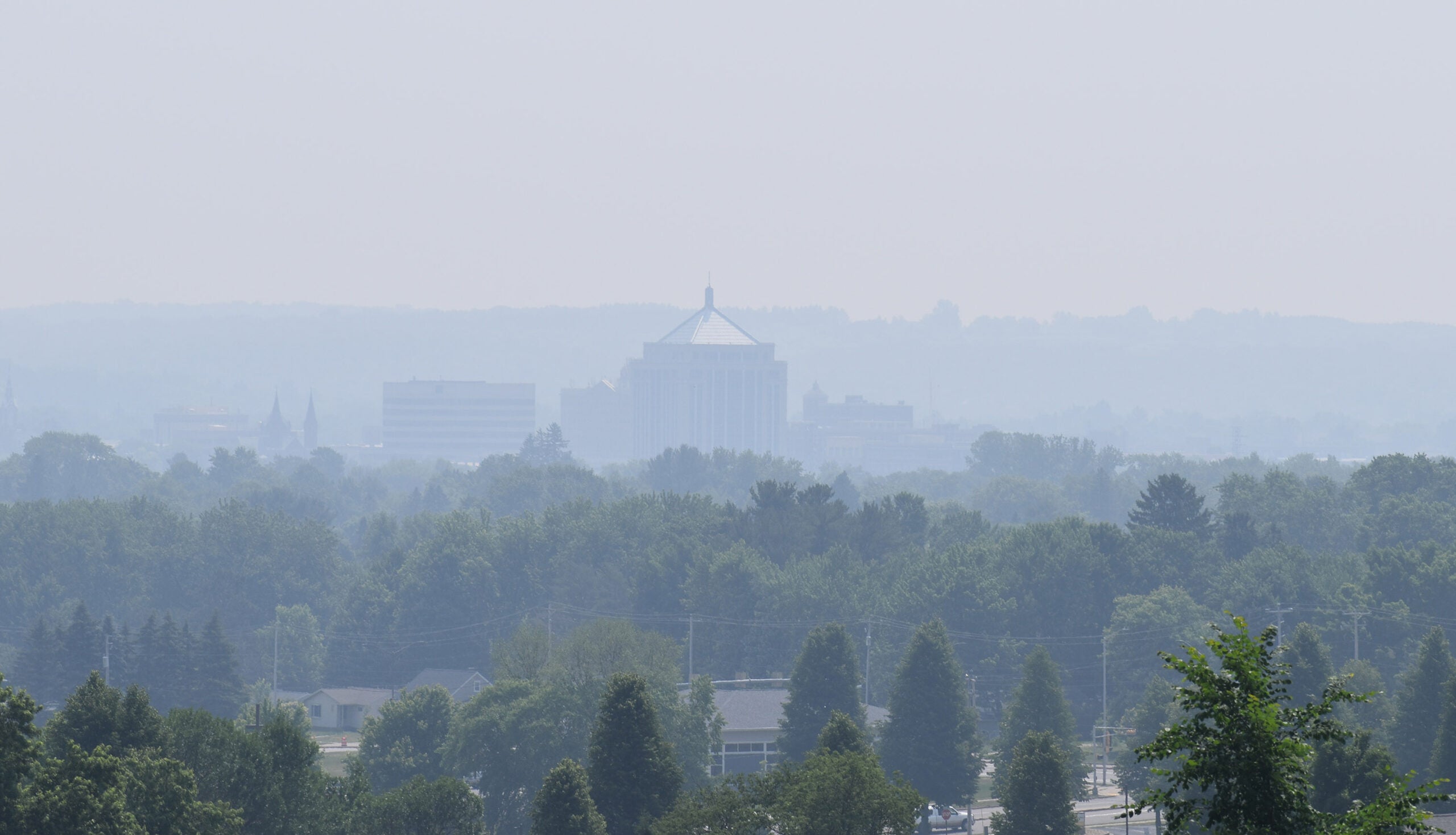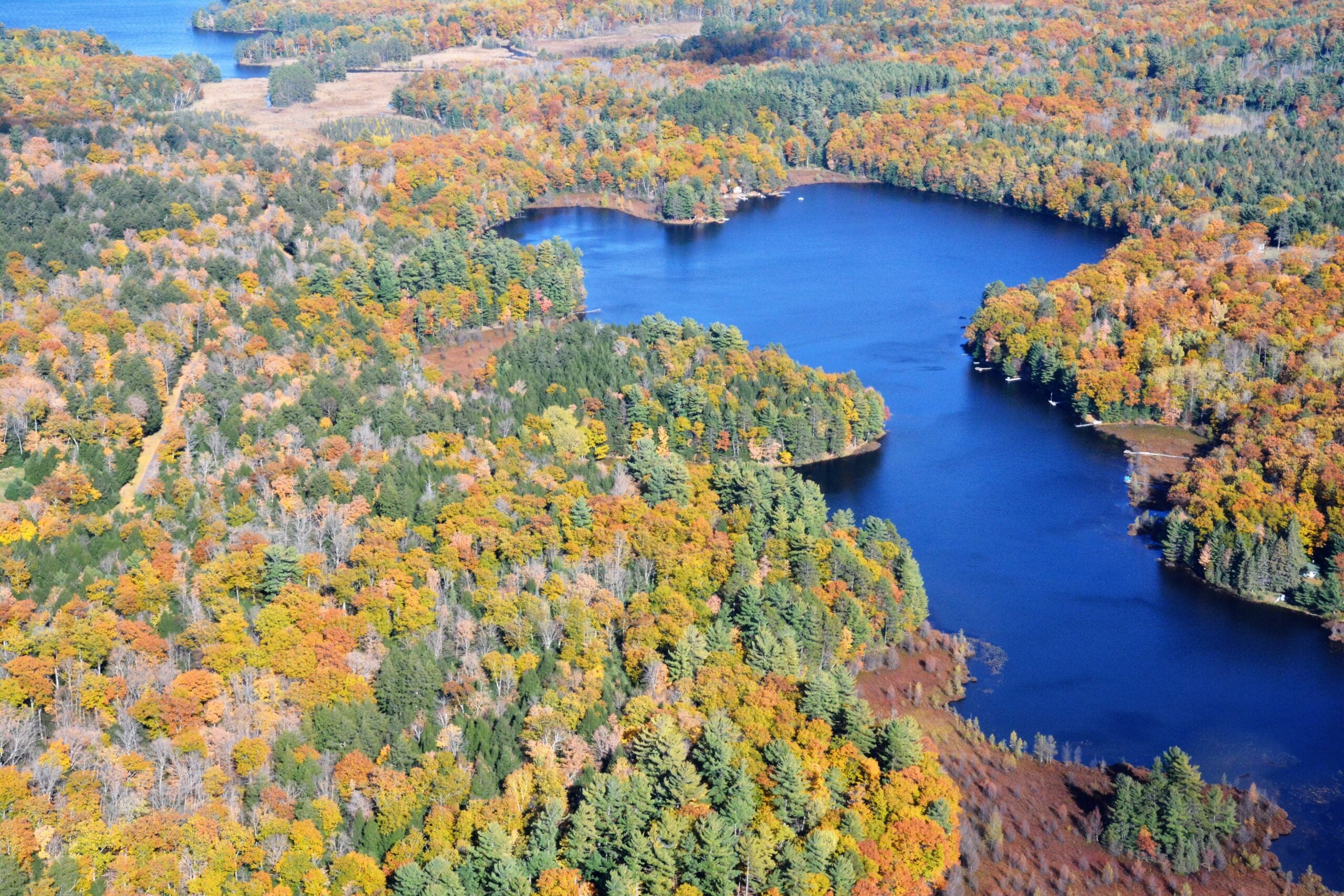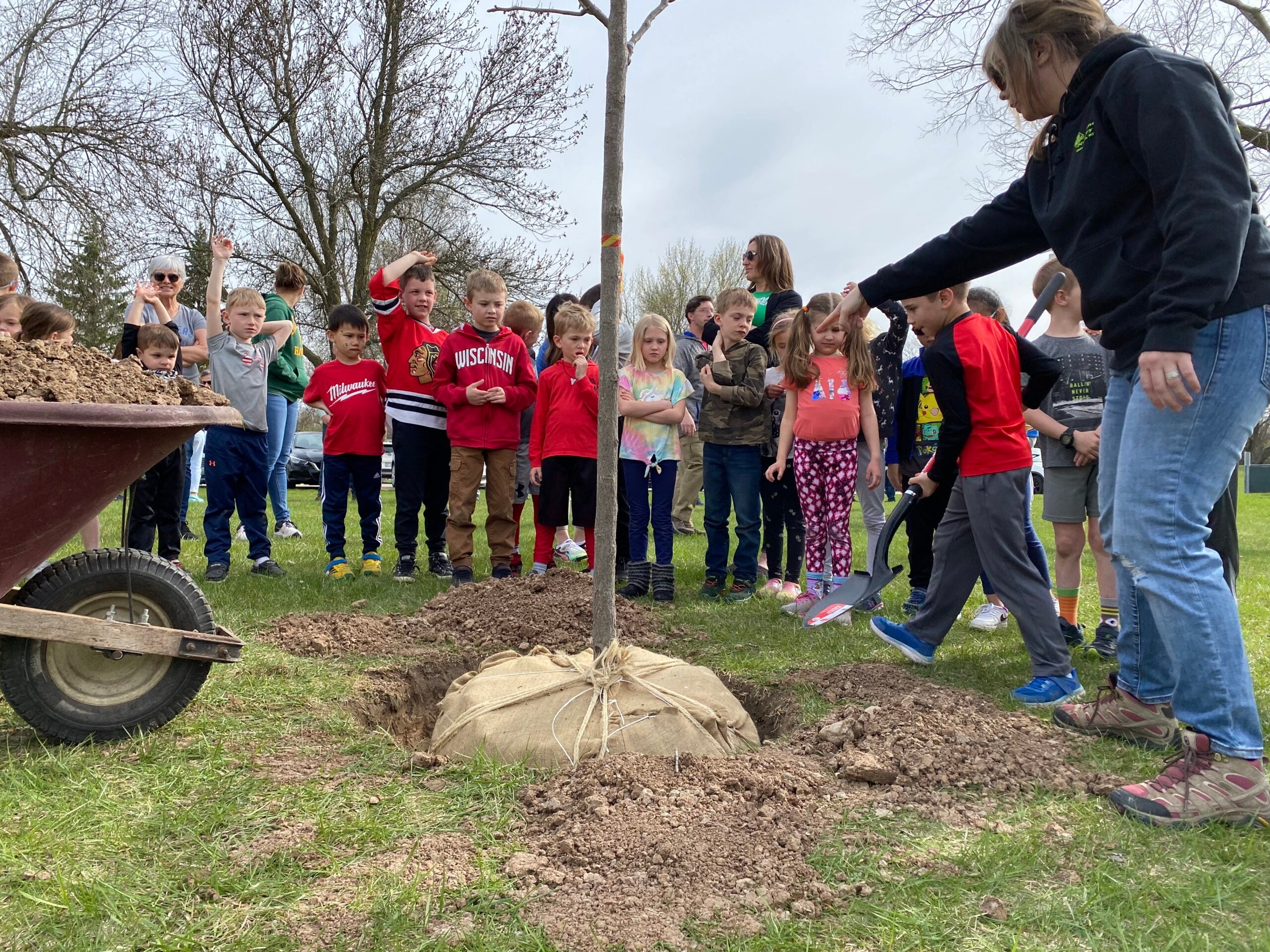A coalition that includes Wisconsin paper makers, loggers, educators and union workers wants to reshape the forest products industry to meet new demands for sustainable packaging, climate change mitigation and green forest management.
The group, led by the Wisconsin Paper Council, is among the finalists for a federal grant worth up to $100 million called the Build Back Better Regional Challenge. The money — administered by the Biden administration with money allocated as part of the 2021 American Rescue Plan — would go toward the creation of new research and development facilities, workforce-bolstering technical education programs and a new maple syrup production plan on the Menominee Reservation.
In the Northwoods, the logging industry has suffered a historic downturn since the closure of Wisconsin Rapids’ Verso paper mill in mid-2020. In its application for the federal grant, the coalition writes the loss of that mill and others are forcing Wisconsin companies and leaders into “rethinking … the future of the industry.”
News with a little more humanity
WPR’s “Wisconsin Today” newsletter keeps you connected to the state you love without feeling overwhelmed. No paywall. No agenda. No corporate filter.
On Monday, local leaders and members of the 35-county coalition gathered in Wisconsin Rapids to share their work with a federal official, U.S. Assistant Secretary of Commerce for Economic Development Alejandra Y. Castillo, as the competitive grant is under consideration. In a roundtable discussion at Mid-State Technical College, Castillo said the goal of the grants is to spur lasting economic changes.
“Economic development in the U.S. should not be episodic,” Castillo said. “It can’t be just a one-time shot in the arm.”
The coalition is one of 60 finalists nationwide to reach the second round of the competitive grant. Between 20 and 30 applicants nationwide will receive between $25 million and $100 million to fund their proposals.
The Commerce Department said Castillo is visiting randomly selected applicants and Monday’s discussion was not related to the applicants’ merit. But members of the coalition said they had high hopes the federal funds will help reach parts of rural northern Wisconsin that could most benefit from long-term economic development.
“All the counties that are included in this are very rural,” Micki Dirks-Luebbe, an administrator at Mid-State Technical College, said. “To get an investment like this would change so much for the communities, for the people living there and for Wisconsin as a whole.”
One part of the coalition is the Menominee Nation, which has put forward plans to offer vocational training through its College of Menominee Nation and a plan to tap as many as 300,000 maple trees on the reservation for commercial maple syrup production. The tribe would also use federal funds to upgrade its sawmill.
In all, the coalition estimates the projects it’s proposing could create some 2,500 new jobs in Wisconsin. The creation of a new research and innovation facility at the University of Wisconsin-Stevens Point would cost an estimated $25 million and create 475 jobs. It estimates a plan to connect Wisconsin loggers to markets for maple wood would add 200 jobs.
Paul Fowler, executive director of the Wisconsin Institute for Sustainable Technology, said the coalition’s work to redefine Wisconsin’s forest products industry will continue even if it doesn’t receive one of the grants, to be announced this summer.
“There’s a great big world out there, and a real opportunity,” Fowler said. “We have, with forest products, a whole global bio-economy available to us. Whether it’s climate change mitigation, whether it’s more sustainable packaging, whether it’s cross-laminated timber, the idea (is to) say, ‘How can we use our resources in a more sustainable way, and uplift our rural communities on the basis of that?’”
Wisconsin Public Radio, © Copyright 2025, Board of Regents of the University of Wisconsin System and Wisconsin Educational Communications Board.

